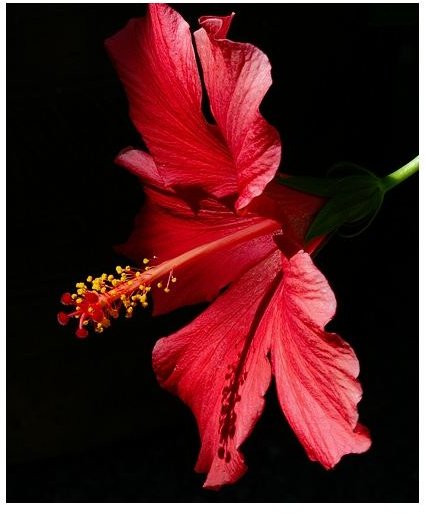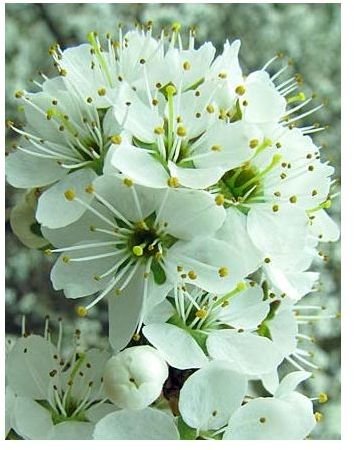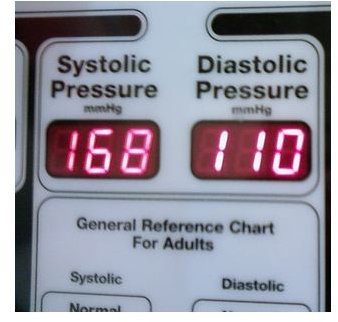Herbal Teas for High Blood Pressure: Can Herbs Bring Your Numbers Down?
Approximately one in three adults in the U.S. have high blood pressure, also known as hypertension. Many people have it without knowing because there are usually no symptoms with the disease itself. Although symptoms may not be present, it is slowly damaging blood vessels, the heart and other parts of the body. Hypertension is a serious condition and can lead to a number of health problems including heart disease.
Taking medications can have many unwanted side effects and may even increase one’s risk of heart disease. Drinking herbal teas for high blood pressure, along with a healthy diet and lifestyle, can be a safer alternative to treating this condition in many people.
Hibiscus

People have been drinking hibiscus tea for hundreds of years as a refreshing beverage and as an herbal remedy to cure a variety of ailments. According to a six week study involving 65 volunteers (30 - 70 years old) with pre-hypertension or mild hypertension, hibiscus had very good results in lowering blood pressure. Those in the study who had three cups of hibiscus tea a day had an average drop of 7 points in their systolic reading and those who received a placebo beverage (containing an artificial color and hibiscus flavoring) had a 1 point drop. Individuals with the highest blood pressure at the beginning of the study benefited the most.
To prepare a cup of hibiscus tea, pour 1 cup of boiling water over 2 tablespoons of dried flower petals (or 4 fresh flowers), cover and steep for 10-15 minutes. Hibiscus is considered to be safe for most people. However, pregnant women should avoid taking because it may cause a miscarriage.
Hawthorn

Hawthorn is an herbal remedy that is used to treat diseases of the blood vessels and heart, including atherosclerosis, irregular heartbeat, chest pain, congestive heart failure and both low and high blood pressure. According to early research, this herb seems to lower blood pressure by relaxing blood vessels far from the heart. However, it can take a few months to have a curative effect.
To prepare a cup of hawthorn tea, pour 1 cup of boiling water over 1 teaspoon of dried hawthorn leaves and/or flowers, cover and steep for 10 minutes. Drink one cup in the morning and one cup in the evening. Hawthorn is generally safe if taken at recommended doses for short periods of time (up to 16 weeks). It is unknown if long term use is safe. Reported side effects include stomach upset, nausea, fatigue, headache, dizziness, sweating, palpitations and insomnia. If you have a heart condition or are taking medications to treat heart disease, consult with a health care provider before taking.
Other
Other possible herbal teas for high blood pressure include:
- ginseng
- valerian
- marigold
- lemongrass
- nettle
- hyssop
- ginger
- lime blossom
- bayberry
- nutmeg
References
National Heart Lung and Blood Institute: High Blood Pressure
United States Department of Agriculture: Study Shows Consuming Hibiscus Tea Lowers Blood Pressure
Photo Credit:
Disclaimer
Please read this disclaimer regarding the information contained within this article.
